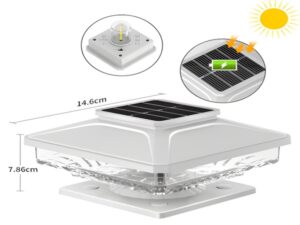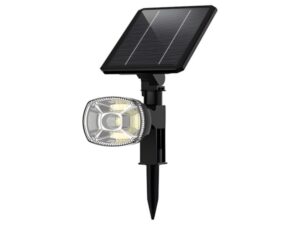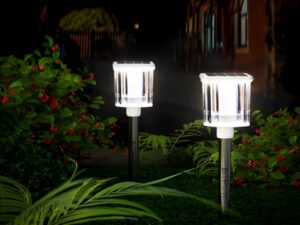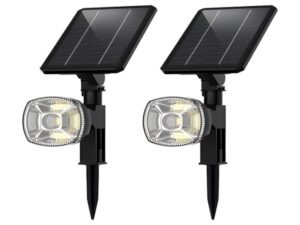
Low-iron, high-transparency tempered glass used in photovoltaic modules differs from regular tempered glass. The degree of sunlight penetration affects the efficiency of solar photovoltaic modules. Regular glass, due to its iron content, tends to have a slight green tint, which impacts transparency. Additionally, the strength of the glass plays a significant role, providing protection against wear on the surface. Generally, the glass for solar panels exhibits the following characteristics.
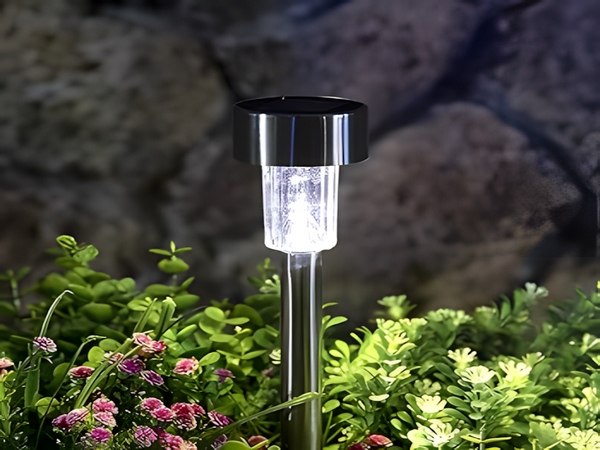
1. Low iron content: The low iron content in the glass results in a near colorless state, comparatively enhancing light penetration.
2. High light transmittance: Higher light transmittance can relatively improve the efficiency of photovoltaic modules; however, achieving this higher transmittance can be costly. Therefore, balancing price and light transmittance is essential. Generally, the transmittance is approximately 91%.
3. High strength: The installation of photovoltaic modules has gradually shifted from single setups to integrated building photovoltaic components. As part of the building materials, they must endure impacts from wind pressure, earthquakes, snow, rain, and hail. If they cannot withstand these forces, it may cause the modules to break, reducing their lifespan.
4. Cost-effective: As solar cell costs remain relatively high, companies worldwide are dedicated to reducing these costs to promote wider adoption. Therefore, the application of cost-effective glass in photovoltaic modules has become a key area of research.
Bitpott is a manufacturer of outdoor lighting products that integrates design, research and development, production, and sales of solar application products and solutions.

The main products include: solar panels, solar street lights, solar garden lights, solar lawn lights, solar power generation systems, and other solar series products.
To purchase solar panels or to inquire about solar panel pricing, please contact our customer service.
